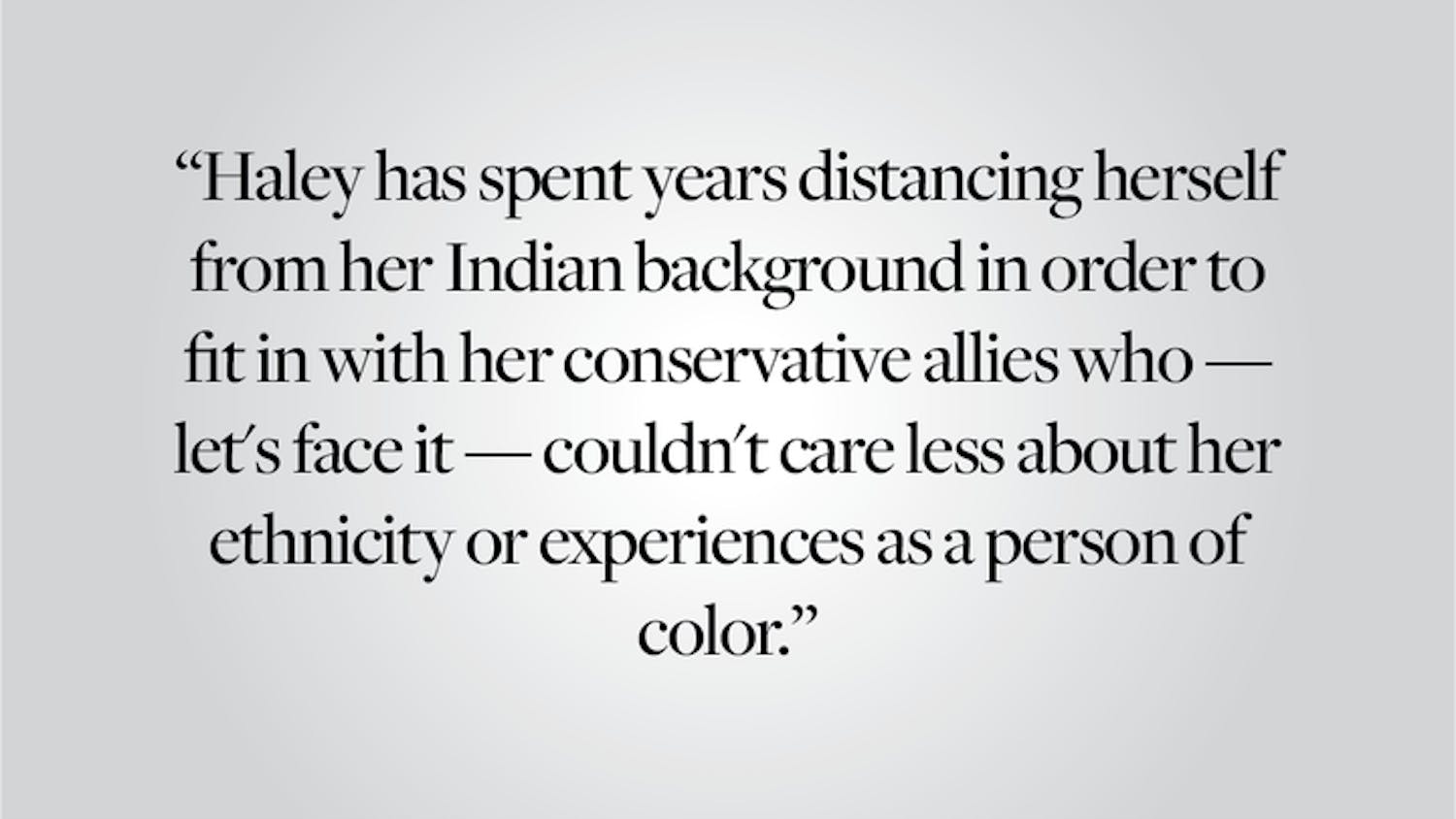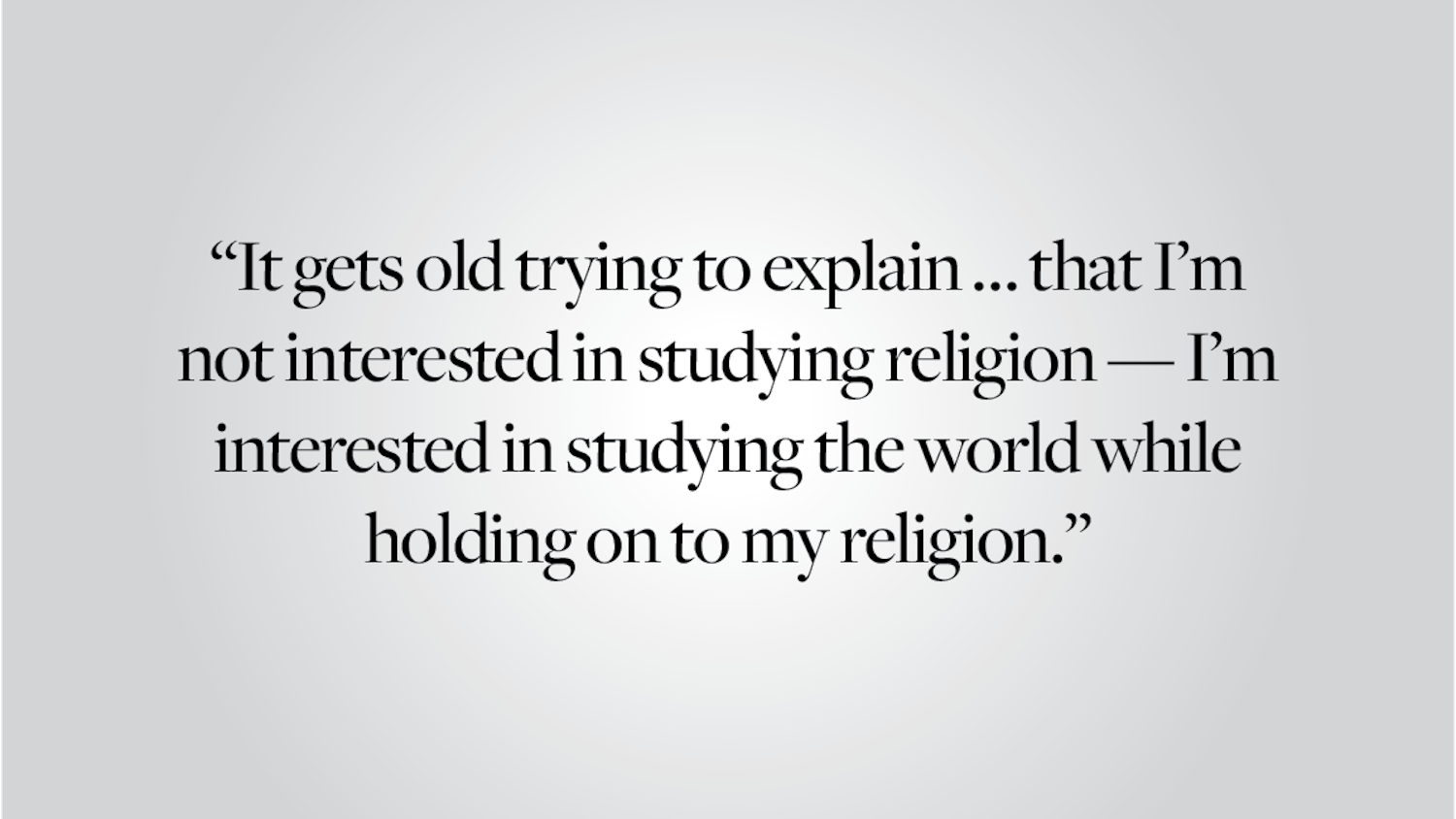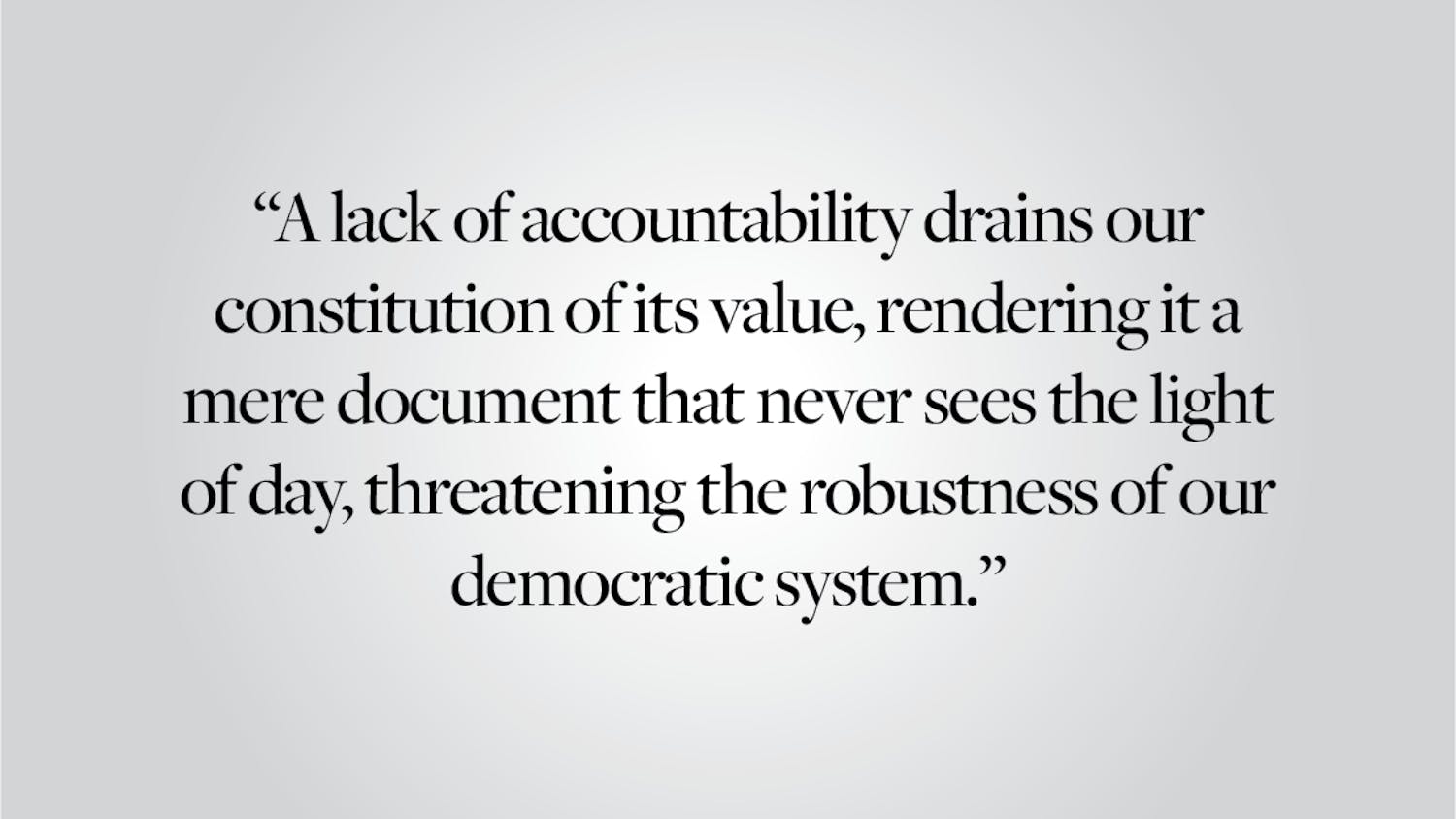We believe in the power of stories, for better or for worse.
In our society, the voices that most need to be heard are too often silenced. The stories we hear from men (primarily cisgendered men) are often told in a way that silence the voices of women and trans folks. White men’s stories in particular are often told in a way that, at best, crowd out the voices of people of color, and, at worst, actively seek to discredit their experiences through systemic oppression.
Most men have never thoughtfully examined what healthy masculinity can and should look like. That’s part of how privilege works: As part of the dominant group, you’re rarely forced to examine your identity and place in society because society was designed with you in mind.
Modern society is quick to bestow unearned privilege on men, and there is nothing in place to teach men, young men especially, how to avoid abusing that privilege or how to leverage it for good. Men and boys are boxed in by a rigid definition of masculinity, and they’re scolded whenever they begin to stray from that norm.
We are taught to accept the gender binary as a biological imperative that can never be questioned rather than a social construct that needs to be dismantled.
Too often, that work of dismantling falls on those whom systemic oppression harms the most. Those voices should always be held up, amplified and honored. But it is also critical for people, like ourselves, who are beneficiaries of immense unearned societal privilege to play an active role in combating what bell hooks has termed the “imperialist white-supremacist capitalist patriarchy.”
While intersecting identities mean that not all men enjoy the same amount of privilege, it’s in all of our interests to combat patriarchy.
hooks writes in her book, “The Will to Change: Men, Masculinity and Love”: “It is true that masses of men have not even begun to look at the ways that patriarchy keeps them from knowing themselves, from being in touch with their feelings, from loving. To know love, men must be able to let go of the will to dominate. They must be able to choose life over death. They must be willing to change.”
Rather than being taught to cope and verbalize their emotions, young men are mocked when they show any perceived “weakness.” So they learn to mask emotion and show no fear, hurt or pain.
This socialization breeds men who refuse to seek help, both in the classroom and for mental health issues like depression; who work to acquire sex at all costs while paying no attention to the harm being done to others in the process; and who are isolated from real, meaningful relationships in any facet of their lives.
We joined with additional student organizers Justice Gaines ’16, Ricardo Jaramillo ’18 and Molly Sandstrom ’17 to put together our upcoming Men’s Story Project: Looking Within, Speaking Out event because we believe it’s critical for those who identify as men — in any way or in part — to stand on stage and openly share their personal struggles with masculinity and rigid gender roles. We hope to show others (who may be dealing with similar struggles) that they don’t have to live within the constraints of toxic masculinity. In this society, men need to know that they have the capacity to love and the ability to change. The event will be March 23 at 7 p.m. in Salomon 101.
But these stories aren’t any more valuable than the untold stories of those who men have historically silenced — and we’re committed to creating more spaces for those as well. That is one of the reasons we are offering a storytelling workshop the day after our event that will provide students and staff members of any and all identities a chance to write and speak their own truths.
When it comes to the power of all of these stories, we believe it needs to be a both/and and not an either/or.
The Men’s Story Project was started by Jocelyn Lehrer and launched in San Francisco in 2008. In bringing it to Brown, we have been fortunate to attract a wide range of sponsors and co-sponsors including the Office of Institutional Diversity and Inclusion, Masculinity101, BWell Office of Health Promotion, Brown Athletics, the Swearer Center, Student and Employee Accessibility Services, Greek Council, the Brown Center for Student of Color, the LGBTQ Center, the Sarah Doyle Women’s Center, Alpha Chi Omega, Beta Omega Chi and the Office of the Vice President of Campus Life and Student Services.
We believe the sweeping buy-in from these University offices and student groups stems from a recognition that we lack spaces to have open and honest conversations about these issues, including how men grapple with emotions and deal with conflict.
How men are socialized plays into the violence that exists in college communities, and we have a responsibility to aspire to a safe and just campus climate for all students. In order to do so, we have to address elements of toxic masculinity. We need to model another way to live.
Men’s Health Coordinator Marc Peters and Men’s Story Project student organizer Andrew Vann ’17 believe in the power of stories and can be reached at marc_peters@brown.edu and andrew_vann@brown.edu.
Please send responses to this opinion to letters@browndailyherald.com and other op-eds to opinions@browndailyherald.com.




